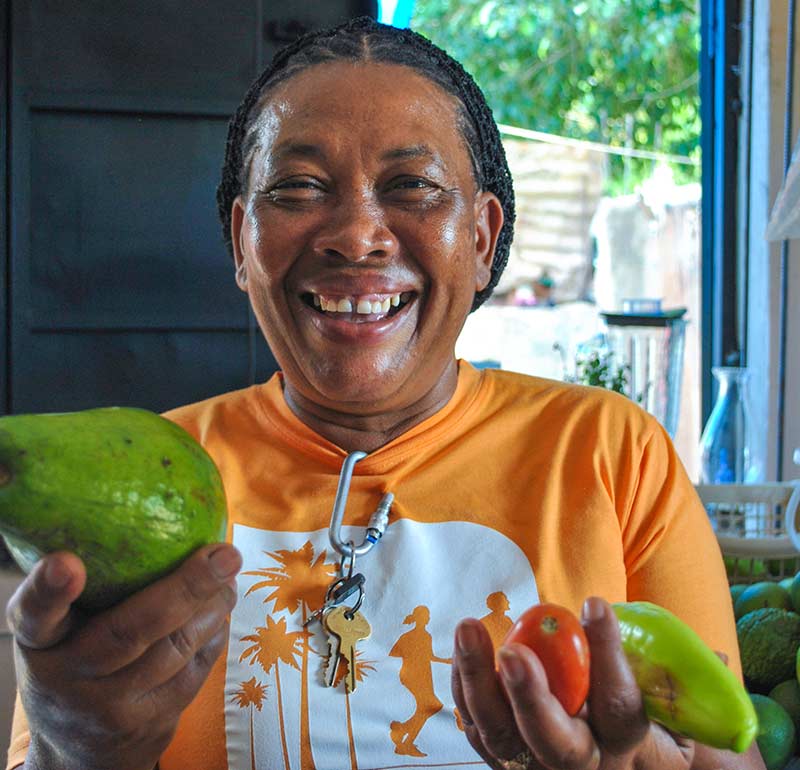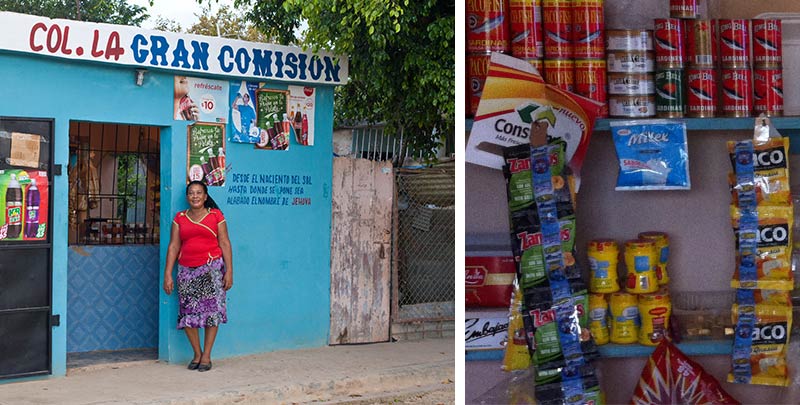Bustling with customers, Mamola’s house is a center of activity in her Dominican community. Neighbors gather to purchase household staples from her colmado, a small convenience store she operates from her front room. Every other week, members of Mamola’s community bank meet in her home to fellowship, study Scripture, and repay their loans.
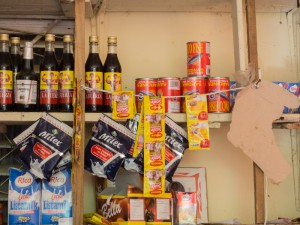
Mamola has been involved in business since she was young, learning the importance of hard work from her father. Widowed with five children and 12 grandchildren of her own, Mamola hopes to pass on this legacy of industry and ingenuity.
In 2008, Mamola took out a $177 loan from Esperanza International, HOPE’s local partner in the Dominican Republic, to expand her business buying and reselling dishes. Realizing her community would benefit more from groceries, Mamola used subsequent loans to open and expand her colmado. “I started with everything,” she remembers. “Just a tiny bit, but a little of everything.” As her store has grown, she stocks her shelves with larger quantities of rice, coffee, fruit, sugar, and other staples.
Giving back
Mamola appreciates Esperanza’s biblical teachings, especially the opportunity to pray together. She says she has learned more about her faith through her community bank’s time in the Word:
The Lord is my God; He is my everything, because He is the one that helps me.
Several years ago, Mamola’s husband got sick and eventually passed away. In addition to grieving his loss, Mamola faced overwhelming medical fees that left her in debt. She shares that she overcame this challenge with the help of Esperanza, the extra income from her colmado, and her five children.
A well-respected matriarch in her community, Mamola has connected several women with Esperanza. With her income, Mamola helps care for her grandchildren and has made improvements to her home, replacing the walls with sturdier concrete. Hardworking, humble, and thankful, Mamola dreams of expanding her business and passing it on to the next generation—along with her legacy of faith and hard work.







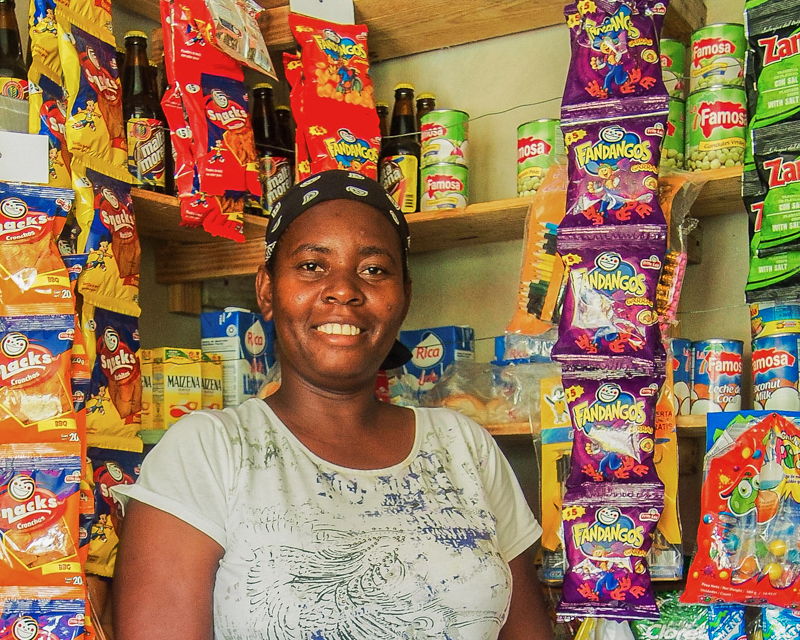


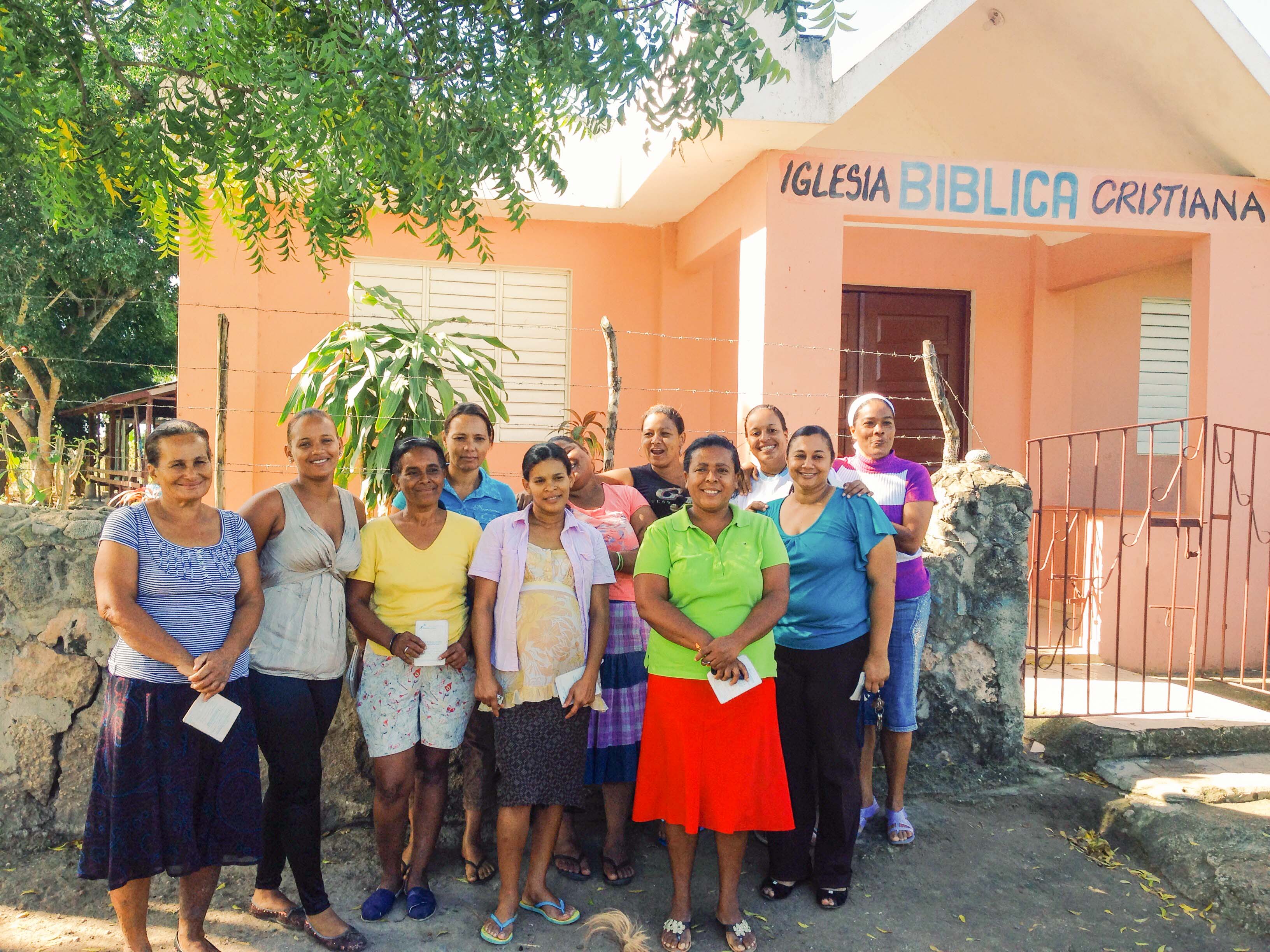
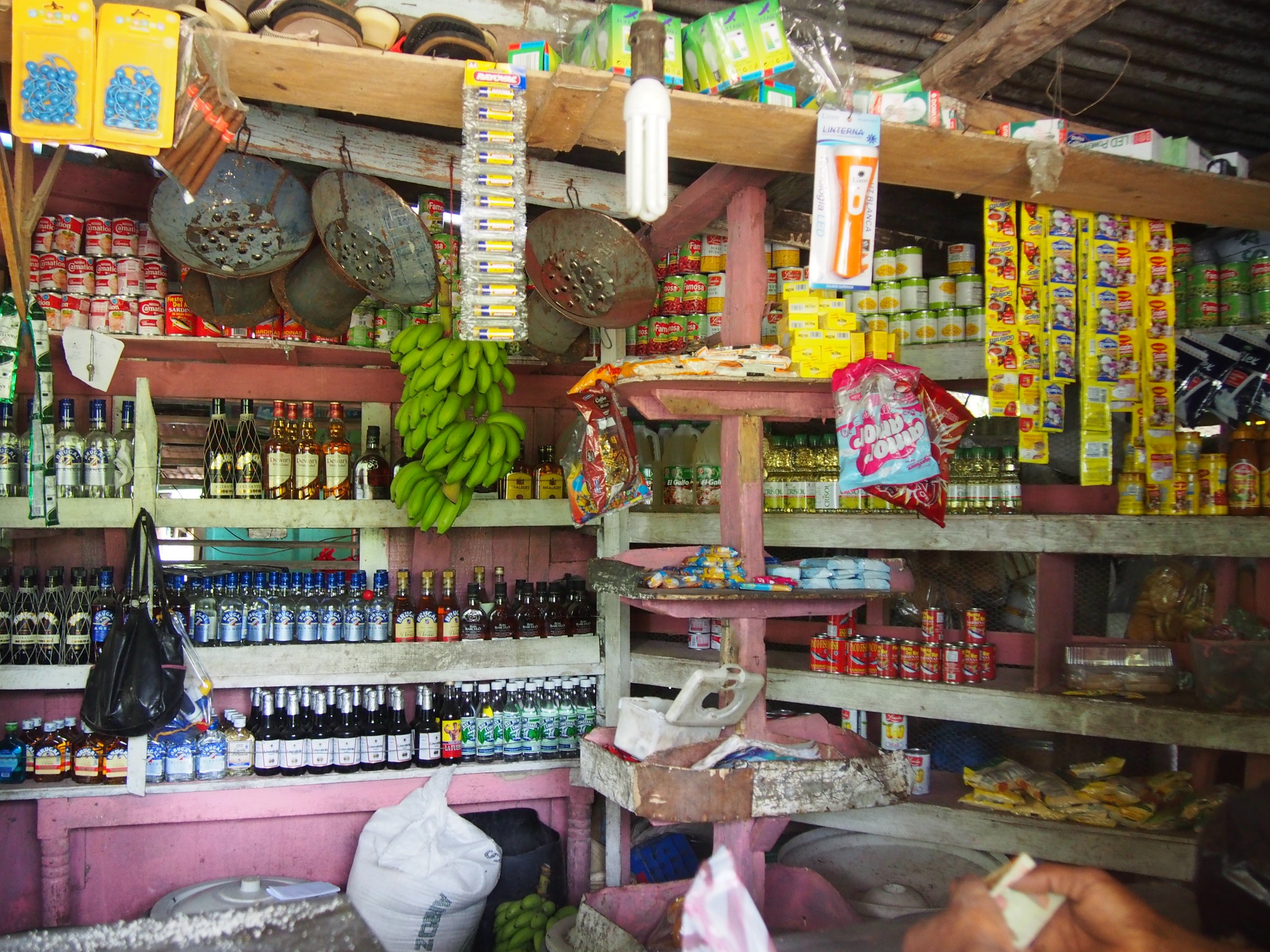
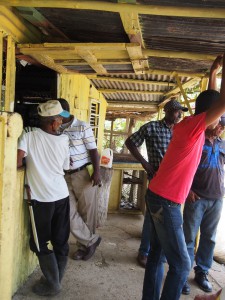 At times they share a just-purchased snack or drink, or perhaps they start a game of dominoes or chess (can you imagine a chess match going on inside your local 7-Eleven?). Many colmados keep these games behind the counter and let you borrow them, along with a few plastic chairs; a game will often draw a crowd of spectators.
At times they share a just-purchased snack or drink, or perhaps they start a game of dominoes or chess (can you imagine a chess match going on inside your local 7-Eleven?). Many colmados keep these games behind the counter and let you borrow them, along with a few plastic chairs; a game will often draw a crowd of spectators.